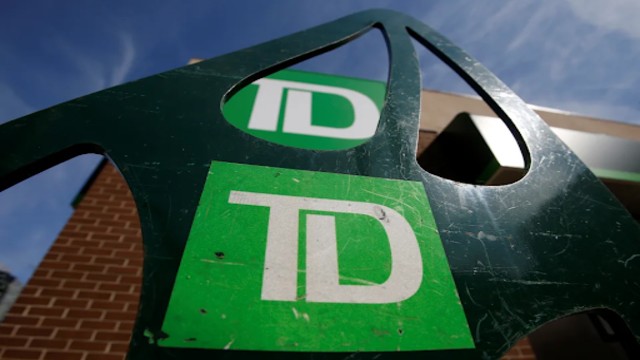
RBC analyst Darko Mihelic believes TD’s investment in Charles Schwab was never a key priority for the bank. (Source: Reuters)
Toronto-Dominion Bank (TD) saw its shares jump over 3.5% on Monday after announcing the sale of its remaining stake in Charles Schwab. The deal is expected to generate around $20 billion, with $8 billion earmarked for a share buyback.
Analysts React to the Move
Financial experts welcomed the decision, viewing it as a strategic shift. RBC analyst Darko Mihelic noted that TD has substantial capital available for investment, stating, “That is a lot of capital to deploy.” He emphasized that the bank now has the flexibility to invest in areas that promise stronger returns.
TD’s stock reached $85.80 on the Toronto Stock Exchange by 11 a.m. Monday, marking a sharp rise from its previous close. By the end of the trading day, shares climbed further to $86, reflecting a 3.85% gain.
Matthew Lee from Canaccord Genuity echoed a similar sentiment, calling the move a positive step in TD’s broader strategy. He pointed out that this is the beginning of a long-term capital reallocation plan set to conclude by mid-2025.
Where Will TD Invest the Proceeds?
The sale has sparked curiosity about TD’s next steps. While the bank remains tight-lipped, Mihelic speculates that the funds might be used for:
- Strengthening TD Cowen, its U.S. investment bank acquired in 2023
- Expanding aggressively in Canada
- Exploring growth in international markets, such as Europe
- Improving its balance sheet or addressing financial write-offs
TD CEO Raymond Chun, who took over at the start of the month, reassured investors that the money will be invested in the bank’s core businesses to boost performance and growth.
A Strategic Shift for TD?
The timing of this sale aligns with TD’s ongoing strategic review, prompted by a money-laundering scandal in its U.S. retail operations. Analysts are keen to see if this signals a broader shift in TD’s U.S. wealth management approach.
John Aiken of Jefferies Financial Group suggested that, in theory, the move should have a neutral effect on TD’s earnings. He explained that the bank’s stock repurchase plan would likely offset any revenue lost from Schwab’s exit. However, the long-term impact remains to be seen.
What’s Next?
TD is set to address investor concerns in a conference call on Tuesday. As the bank repositions itself, all eyes will be on how it allocates this significant cash reserve.















